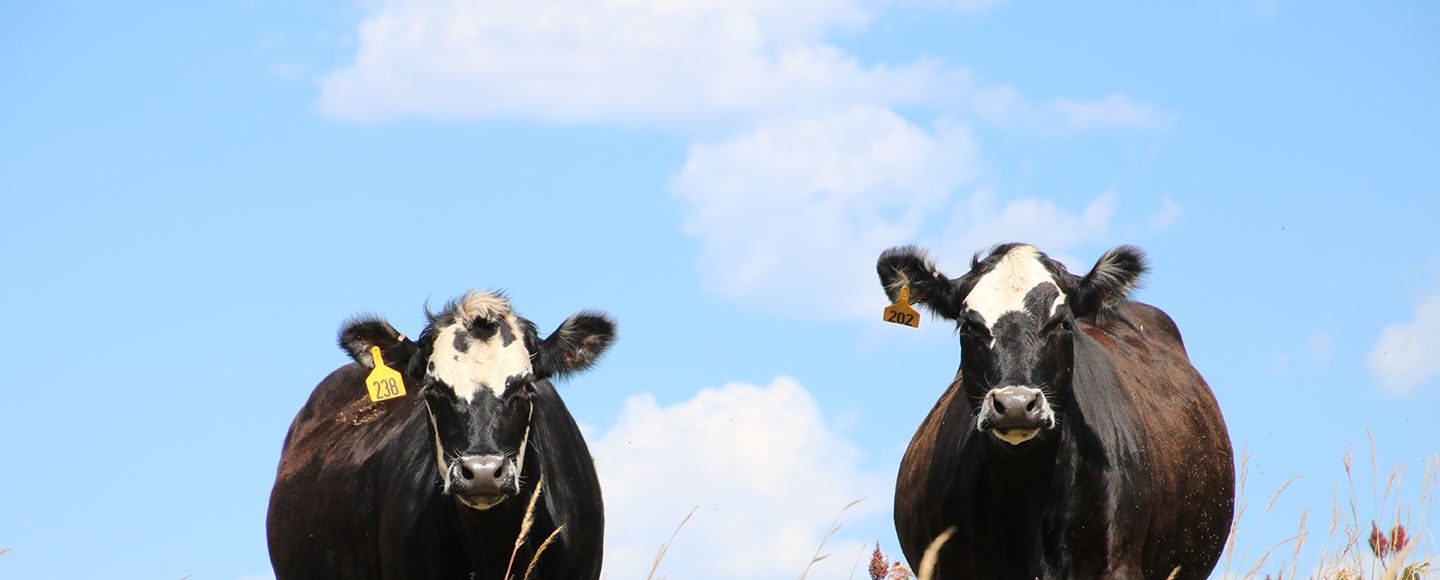
Despite progress the U.S. beef industry has made in areas potentially influencing climate change, some policymakers continue to make it a target. The most recent is a congressional resolution, referred to as the Green New Deal, that was introduced last week by a group of new U.S. House members led by U.S. Rep. Alexandria Ocasio-Cortez from New York. One of the goals of the resolution is to phase out the use of fossil fuels and eliminate greenhouse gases.
In order to better evaluate this proposal and others, the NCBA Center for Public Policy created a six-point assessment for climate change legislation. Questions comprising the new cost/benefit principles are: what is being proposed, how much does it cost, how much will it reduce greenhouse gas emissions, how much will it affect global temperatures and explain the calculations.
NCBA Senior Vice President of Government Affairs Colin Woodall said by applying the new cost/benefit principles to climate proposals, the organization can make better-informed decisions.
Woodall pointed out U.S. beef producers already have made substantial progress on climate change, including producing the same amount of beef today as in 1977, only with 33% fewer cattle. U.S. beef has one of the lowest carbon footprints of any major cattle-producing country, generating only 2% of all U.S. carbon emissions.